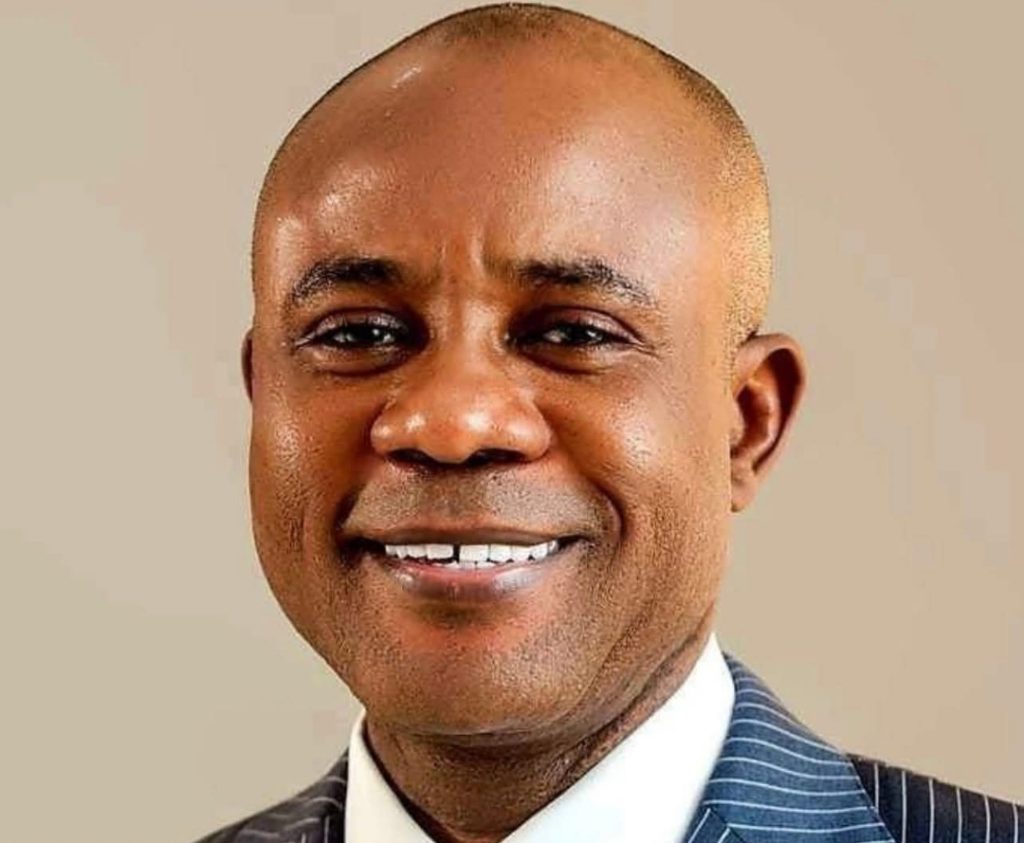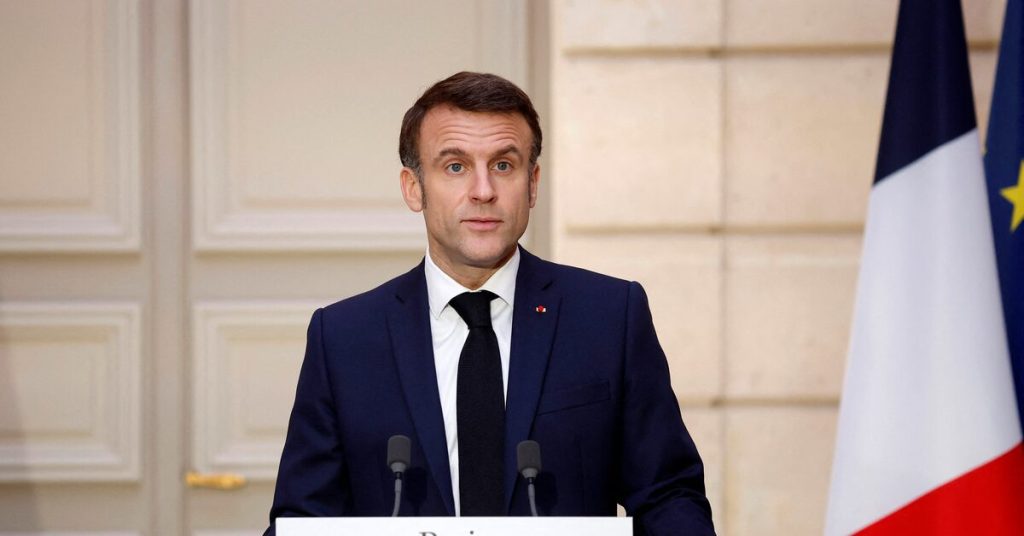Africa
FG’s N700bn gamble on disease control: A bold move or a colossal waste?

The Federal Government has earmarked N700 billion for combating HIV/AIDS, tuberculosis, malaria, and supporting immunization efforts.
According to Dr. Amobi Ogah, Chairman of the House Committee on HIV/AIDS, Tuberculosis, and Malaria.
Ogah said this on Tuesday at the 2025 Pre-World TB Day press conference in Abuja.
World TB Day is commemorated March 24th annually to raise awareness on TB.
To also mobilise efforts including political commitment to resources and healthcare financing for TB towards elimination.
This year’s theme is, “Yes! We can end TB: Commit, invest, and deliver.”
Speaking at a recent event, the Executive Secretary of Stop TB Partnership Nigeria reaffirmed their commitment to eliminating TB in Nigeria.
She noted that the organization has recorded significant milestones through advocacy, policy reforms, and partnerships with various stakeholders.
“Our push for more resources, policy improvements, and integration of TB services in Nigeria remains strong,” she stated.
She emphasized that dwindling donor support requires intensified efforts to mobilize domestic resources for TB prevention and treatment.
“I urge everyone to use their voices to push for stronger policies and increased domestic investment in TB control,” she added.
The Federal Ministry of Health and Social Welfare also acknowledged progress made through WHO-recommended TB control strategies.
Dr. Godwin Ntadom, Director of Public Health, highlighted that TB case detection in Nigeria reached an all-time high in 2024.
“The country identified over 400,000 TB cases in 2024, covering 79 percent of estimated TB patients,” he revealed.
He also noted an increase in TB notifications among children, rising from 8,293 in 2018 to 43,000 in 2024.
Despite these gains, he warned that a large number of undetected TB cases continue to drive transmission across communities.
“One untreated TB patient can infect about 15 people yearly, making early detection and treatment critical,” he stressed.
He expressed concern over the low enrollment of drug-resistant TB patients in treatment programs over the past five years.
To address these challenges, Nigeria is intensifying efforts under the Health Sector Renewal Investment Initiative.
The government is expanding TB screening, diagnosis, and treatment services across the country, he assured.
He also emphasized the importance of community engagement in increasing awareness and reducing TB-related stigma.
Nigeria is integrating TB services into maternal and child healthcare, adolescent health, and nutrition programs for wider coverage.
Additionally, the country is leveraging digital health solutions to enhance TB diagnosis, treatment, and monitoring efforts.
The government remains committed to achieving the WHO’s global End TB targets through sustained policies and strategic investments.
Stakeholders insist that Nigeria must increase funding, collaboration, and policy reforms to sustain progress in TB control.
They urged Nigerians to actively support TB prevention, detection, and treatment to curb the disease’s spread.
Public health experts stressed that tackling TB requires a collective effort.
These efforts involves the collaboration of the government, civil society, and private sector partners.
Therefore with continued advocacy and investment, Nigeria is closer than ever to eliminating TB and improving national health outcomes.
For Diaspora Digital Media Updates click on Whatsapp, or Telegram. For eyewitness accounts/ reports/ articles, write to: citizenreports@diasporadigitalmedia.com. Follow us on X (Fomerly Twitter) or Facebook











